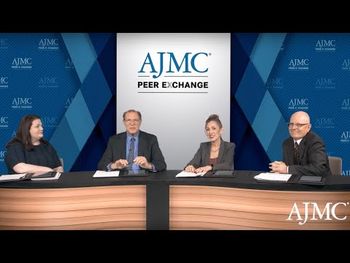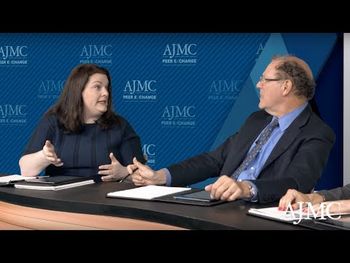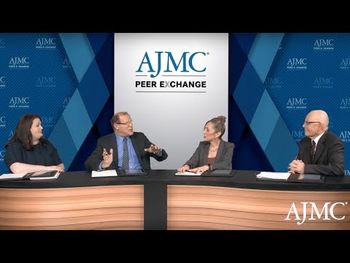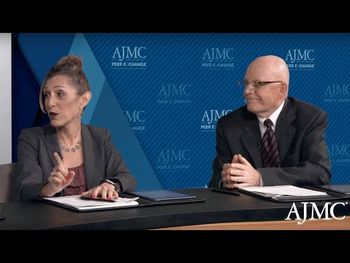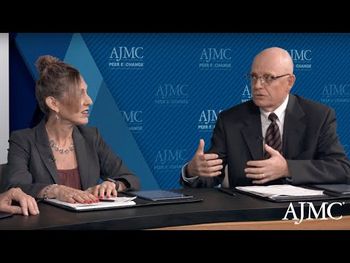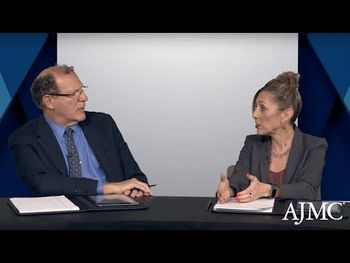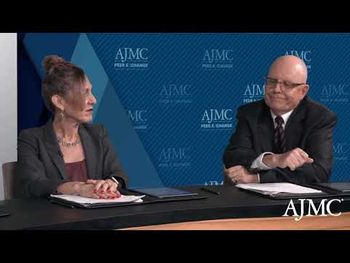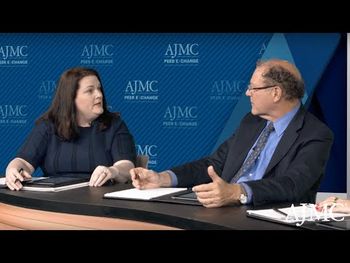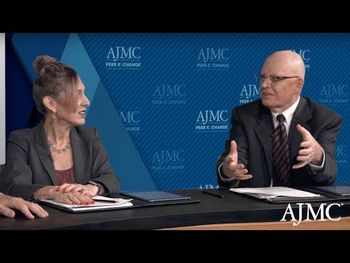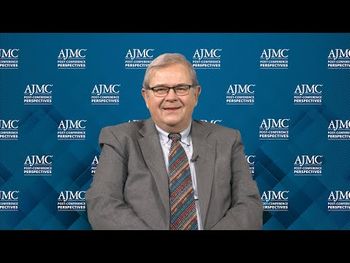
Policy
Latest News






Implementing a claims-based algorithm and disease management program may be an effective strategy to reduce relapse and cost among patients with schizophrenia.
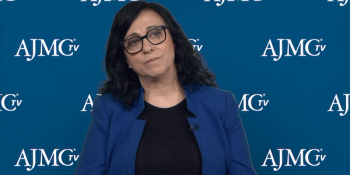
Cost-related barriers to access are a major problem for US patients with MS that will hopefully be addressed through innovations in medication affordability, said Aliza Ben-Zacharia, DNP, ANP, associate director at the Center for Nursing Research and Innovation at Mount Sinai.

Mercer’s 2019 National Survey of Employer-Sponsored Health Plans highlighted 3 key areas of focus for employers in 2019, which were balancing affordability and choice, empowering employees to improve their health through tech-enabled solutions, and addressing high-cost claims.
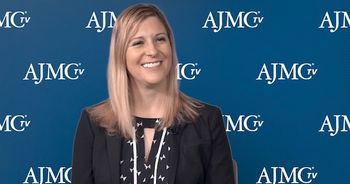
Encouraging patient adherence to medication is very important to managing the cost of multiple sclerosis (MS) therapies, said Patty Taddei-Allen, PharmD, MBA, BCACP, BCGP, director, outcomes research, WelldyneRx.

The revolution in cancer care cannot happen just in the laboratory—it must also take place among stakeholders who must agree on new models for financing very expensive life-saving therapies. The new issue of Evidence-Based Oncology™ looks at the people trying to change the way we pay for cures and their work.
